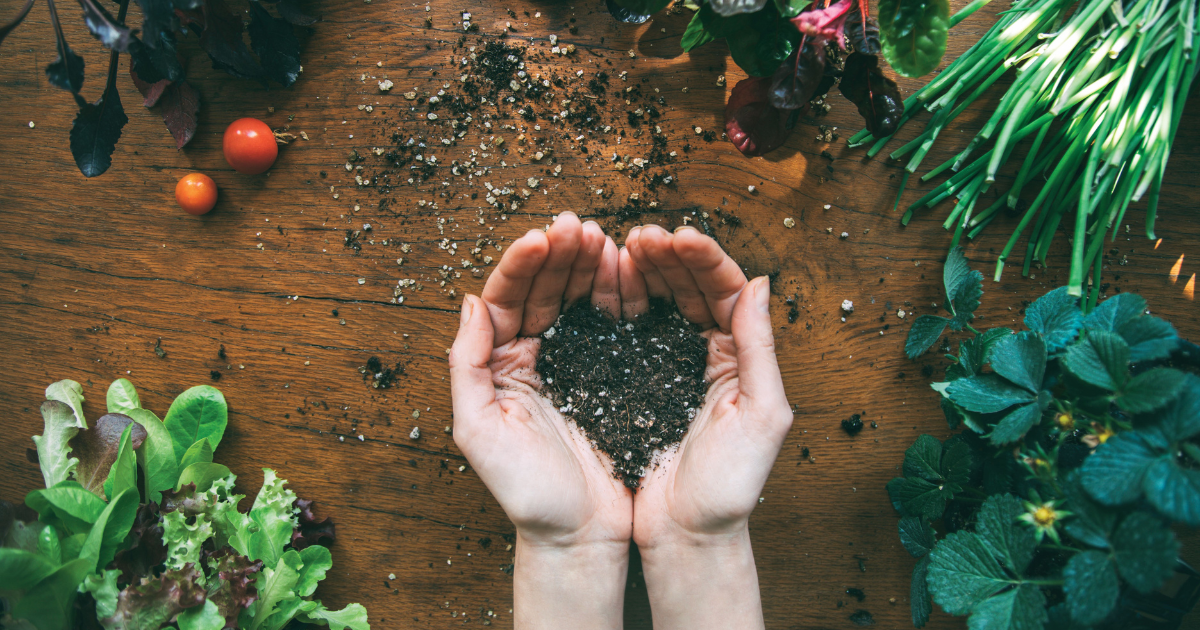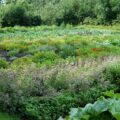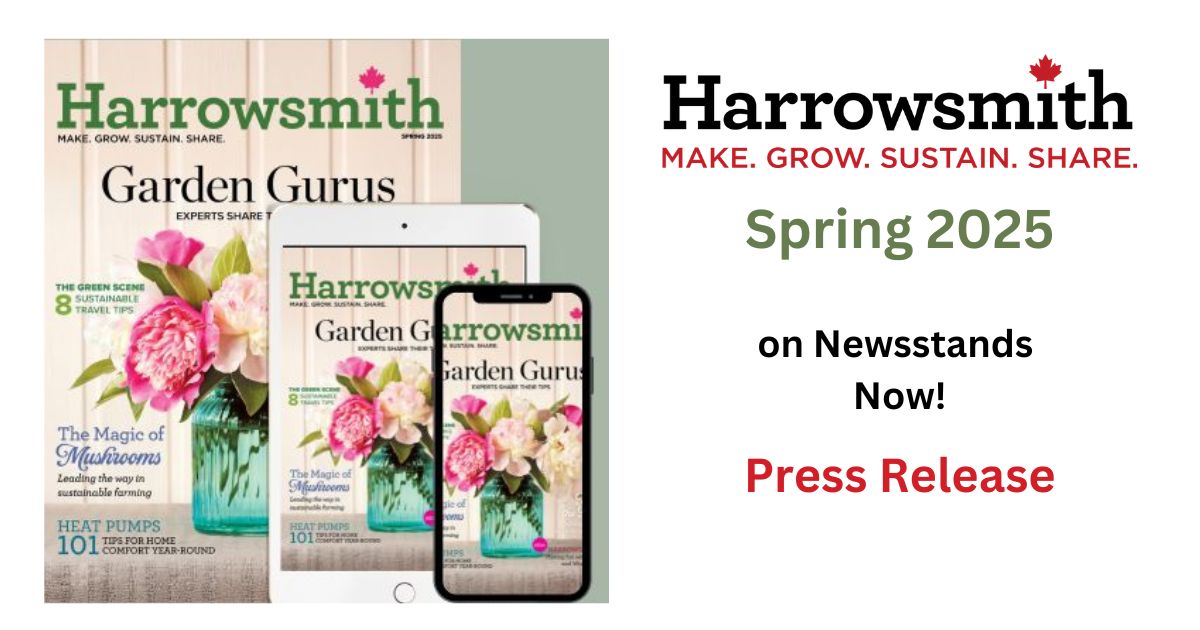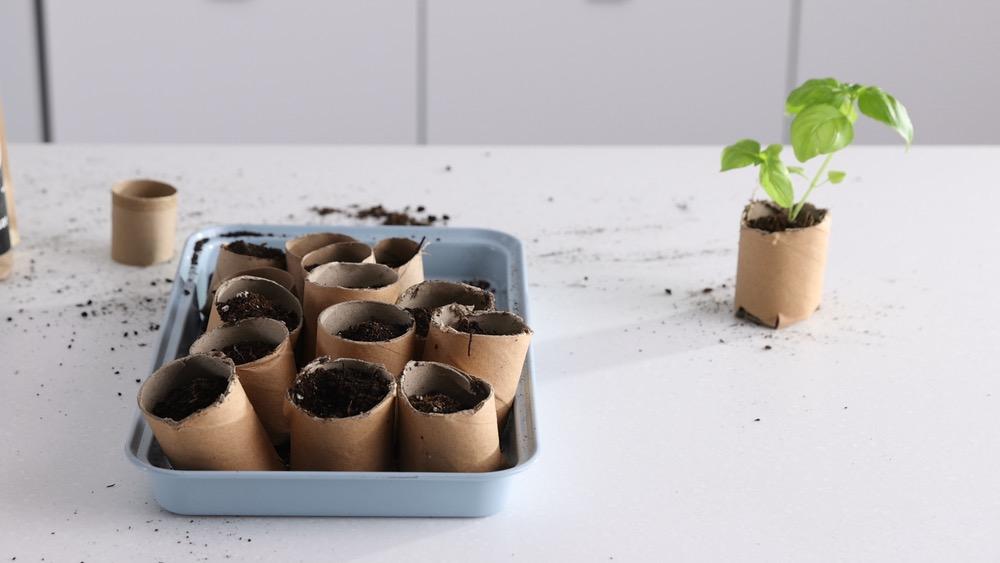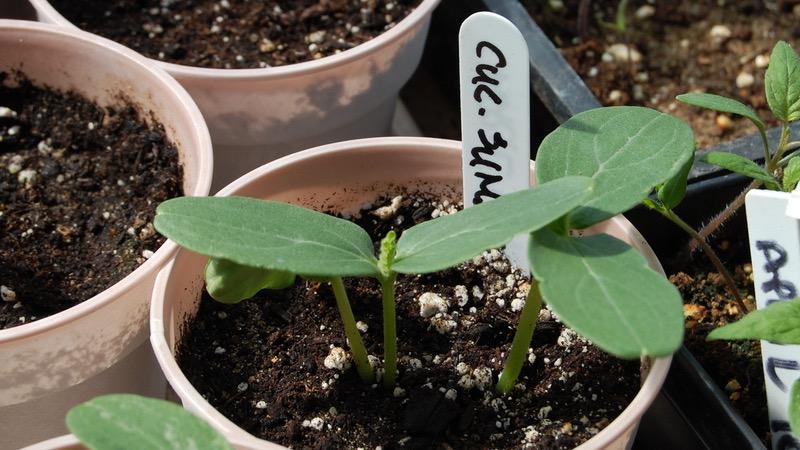Here are some of the most important things to know before you plant your food garden.
We say that 90% of the success you achieve in your garden is the result of good soil preparation. It could be less than that, and it could be more. The fact is, you would not build a house in Canada without a proper foundation, and so too, with your garden. Compost and natural nutrients are the base of a productive garden.
Healthy soil is the basis for every garden. Nutrients, water and oxygen are all building blocks of plant life that are provided by the soil through the roots. Here are some of the most important things to know before you plant your food garden.
Learn what healthy soil is. All soil will represent some mix of sand, silt and clay, but the healthy soils are teeming with microbial life and abundant organic matter (carbon). Low till, or no-till, gardening is becoming more popular every year as Canadians learn that disturbing the soil by turning it over (manually or with a rototiller) disturbs essential microbial activity in the soil and actually promotes greater weed growth.
Evaluate the quality of your soil. It’s helpful for every gardener to do a soil test at least once every few years to get a better understanding of what their gardens might be lacking.
The structural elements of soil — that is, the composition of sand, silt or clay — can be determined by feel or through athome experiments. Begin by digging a hole about 30 cm or a foot deep and examine the quality of the existing soil.
- If it is clay based and heavy, add lots of sharp (play) sand to
open it up and allow water to move through it. - If it is sandy, add lots of moulded leaves and finished compost
to retain moisture and add nutrients. - If it is typical topsoil or loam, add 1.5 inches (3-4 cm) of
finished compost or composted cattle/sheep/horse manure.
No need to dig it in, as earthworms will move it deep into
the existing soil. This will boost the natural goodness of your
soil and help support everything that you grow.

